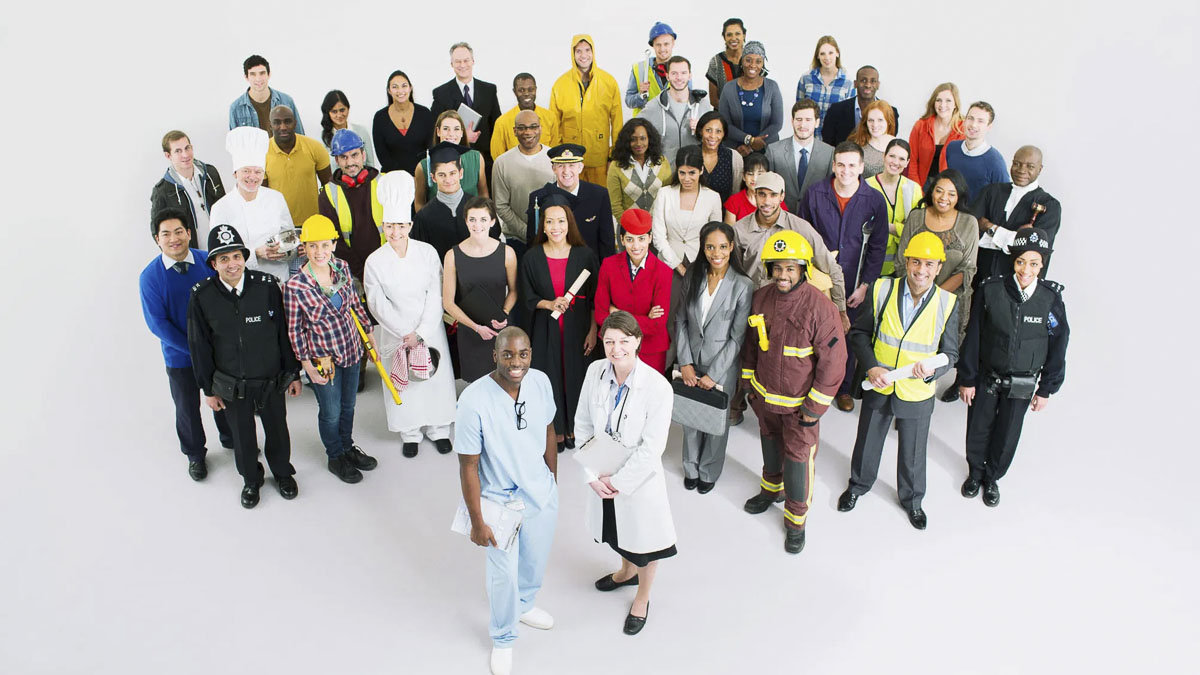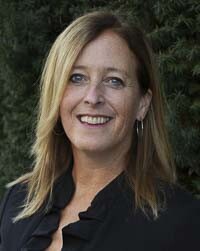
Elizabeth New (Hovde) explains that work takes up a large portion of most of our lives and it’s an exchange between an employer and an employee that benefits both parties
Elizabeth New (Hovde)
Washington Policy Center
Outside of household chores and babysitting, I was sometimes a counter girl at Elliotts’ Custom Cleaners as a young teen. It was my first “real” job. I’m not sure if I got paid or not. It was my dad‘s place.

I do remember I liked it. Not necessarily tagging clothes, marking stains or fetching hangers for customers. I liked being useful. I liked productivity.
It was only a few years later that I was 15 and living independently in Seattle. The family dry cleaners had gone bankrupt, and my parents moved to an island in the South Pacific to dry clean in paradise. No joke. That was the job advertisement my dad answered.
In high school, I had the opportunity to be a housekeeper, a barista and a hostess at a Mexican restaurant. I was an aerobics instructor, taught swim lessons and lifeguarded. I was grateful for work. People exchanged my labor with money I needed for rent, groceries and swimsuits.
I went to college, mostly to keep my bed in one place for longer than three months. It worked. My work hours and paychecks grew beyond minimum wage, as my responsibilities at work also grew. I was a file clerk in the King County Courthouse, loaded United Parcel Service trucks and did more lifeguarding.
In all these jobs, I grew confidence. I learned to be dependable and adaptable. I was grateful to earn money that kept me in school — and my bed in one place — when loans were not enough.
I’ve been a writer and policy analyst since leaving college in the ‘90s. I love what I do and have been able to gain skills with each place I’ve been employed. I’m thankful for paychecks and all the other benefits I receive from work.
As I read about strike after strike and high minimum wages that give teenagers like mine a lot of money for outings and bad food choices — and that make the wages of people with more experience or schooling look insufficient — I am grateful for employers who supply people with work, who protect workers’ rights and who give résumé-building experiences that workers can take with them elsewhere.
Work takes up a large portion of most of our lives. It’s an exchange between an employer and an employee that benefits both parties. And I’m trying to teach my kids the values I learned in a dry cleaners.
Elizabeth New (Hovde) is a policy analyst and the director of the Centers for Health Care and Worker Rights at the Washington Policy Center. She is a Clark County resident.
Also read:
- Letter: ‘It’s said sarcasm is the lowest form of wit’Amboy resident Thomas Schenk criticizes Olympia’s use of “emergency clauses” and other legislative tactics that limit public participation.
- Letter: ‘We’re going to give them some money and a plane ticket, and then we’re going to work with them’Camas resident Anna Miller supports a new structured self-deportation policy, calling it a balanced approach to immigration and economic needs.
- Opinion: What the 2025 legislature tells us about why Washington’s government keeps failingTodd Myers of the Washington Policy Center argues that Washington’s government fails because it resists humility, experimentation, and accountability in its policymaking.
- Letter: Vancouver needs broader leadership than just a teacher’s lensVancouver resident Peter Bracchi urges Mayor Anne McEnerny-Ogle not to seek another term, calling for more diverse and inclusive leadership rooted in broader experiences.
- Opinion: Legislative session ‘was full of ups and downs and many learning experiences’Rep. John Ley reflects on the 2025 legislative session, highlighting local funding victories and warning of major tax increases passed by the majority.










